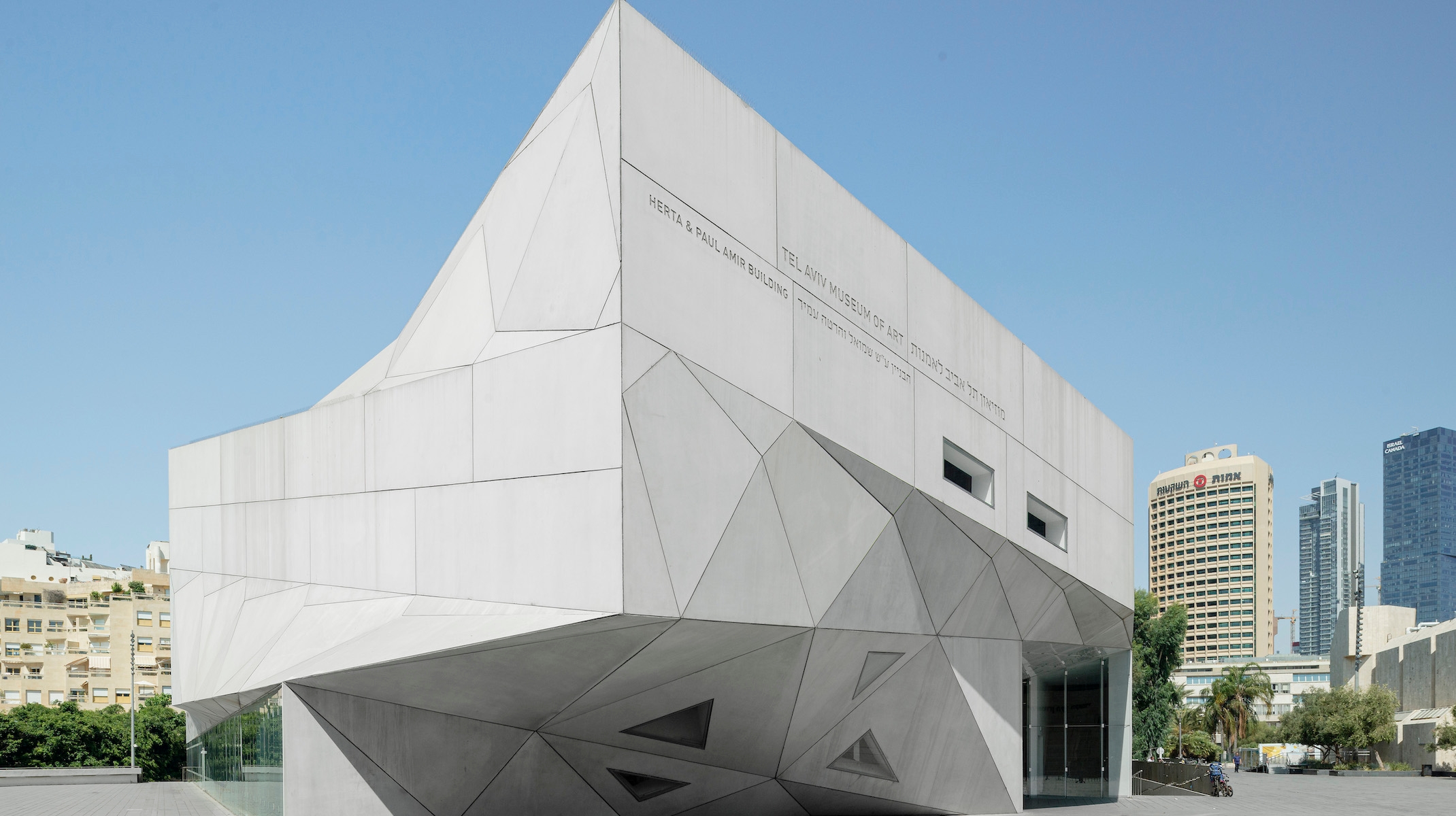(JTA) – The Tel Aviv Museum of Art has canceled a conference it was due to host with Christie’s — the latest fallout from the auction house’s recent sale of jewelry with links to the Nazis.
The December conference was meant to cap a yearlong series by Christie’s celebrating the 25th anniversary of an agreement on the restitution of Nazi-looted art. But the museum faced criticism for working with Christie’s after the auction house held a $202 million sale of jewelry belonging to a family that became rich partially by dispossessing Jews during the Holocaust.
The Holocaust Survivors Foundation USA had called on the museum to cancel the event, writing in a statement that the event would provide “a platform within the Jewish State for Holocaust profiteers to justify their plunder.”
The foundation’s president, David Schaecter, also claimed to the Jewish Telegraphic Agency that there was a “clear conflict of interest” because a senior Christie’s executive who also sits on the board of a group that fundraises for the museum. Christie’s denied that a conflict of interest was present and said the executive was not involved in planning the museum event.
In a statement on Sunday to Israel Hayom, an Israeli newspaper, the museum said it would be canceling the event due to the reaction it has sparked.
“The Tel Aviv Art Museum is attentive to criticism and bound by public sentiment and has decided not to host the ‘Reflecting on Restitution’ conference with Christie’s,” the statement said.
The museum added in the statement that it has “a longstanding professional relationship with Christie’s” and that the December conference would have included families of Holocaust survivors in addition to historians and legal experts.
It said the conference “was planned long before” the controversial sale of jewelry belonging to the late Heidi Horten. Horten, who died in 2022, was the wife of the late Helmut Horten, a member of the Nazi Party who dispossessed Jews of their businesses in a process called “Aryanization.” The proceeds benefitted the Heidi Horten Foundation.
Christie’s has been criticized for profiting from the sale and for initially declining to include information about the origin of Helmut Horten’s wealth (It later added to its materials that Horten bought Jewish-owned businesses that were “sold under duress). The museum pledged to donate some of its profits to Holocaust research and education, but so far, multiple institutions have rejected the money, including Yad Vashem, Israel’s Holocaust museum, and the organization known as the Claims Conference, which is responsible for distributing Holocaust reparations.
JTA has documented Jewish history in real-time for over a century. Keep our journalism strong by joining us in supporting independent, award-winning reporting.






